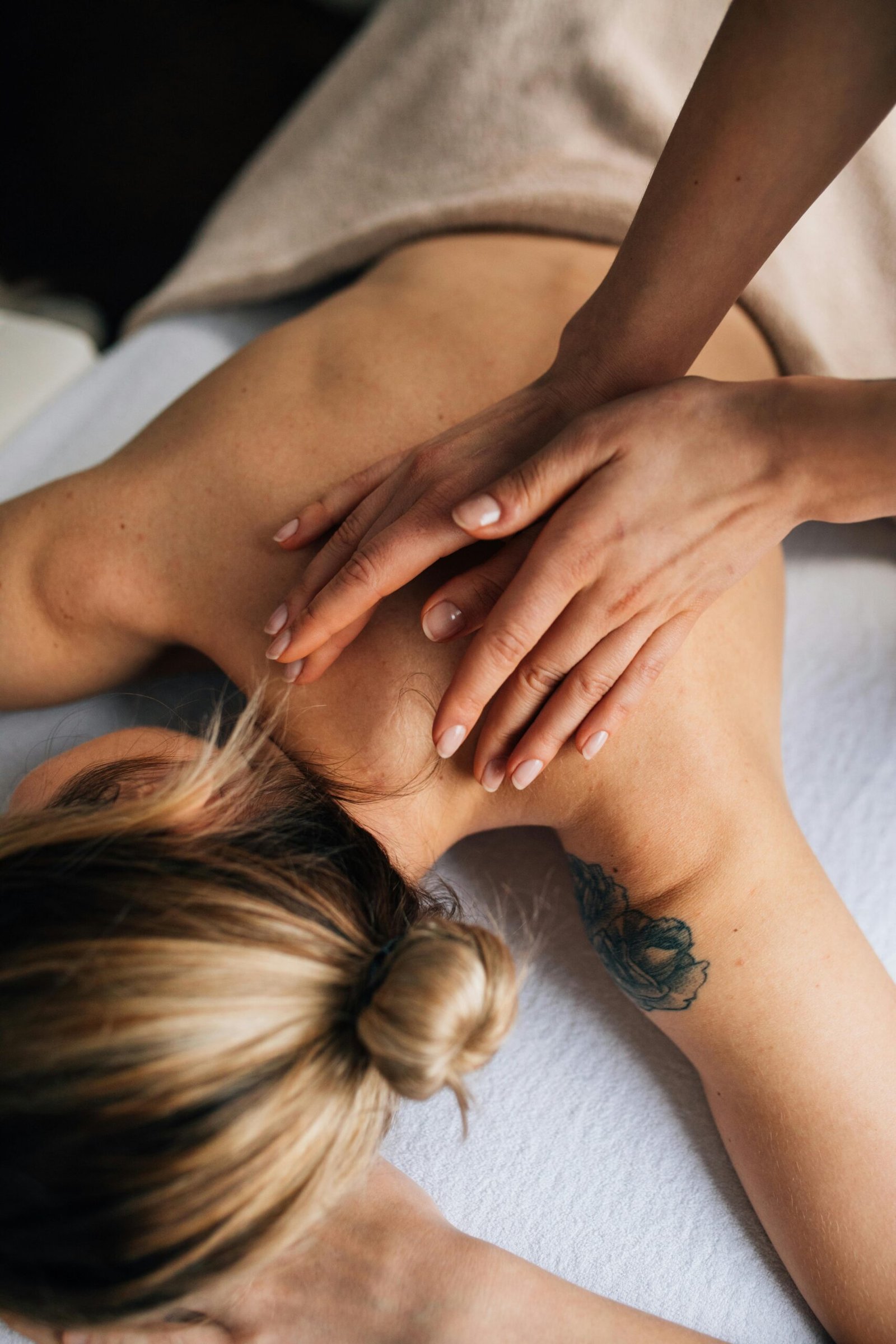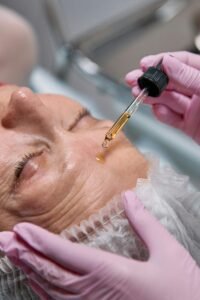Sensitive skin requires special care and attention to remain healthy and comfortable. From questions of redness, irritation, and dryness, or merely the reaction of some particular product, the right soothing treatments can make all the difference. This article illustrates what causes sensitive skin, how it should be taken care of, and what treatments are available in 2024 that can provide long-lasting comfort and relief.
Understanding Sensitive Skin
Outward exposure makes sensitive skin one of the most reactive skin types; frequent symptoms include redness, stinging, burning, and dryness. Causes range from genetic causes to further environmental ones like pollution, weather conditions, and even stress. Many are afflicted with disorders ranging from eczema and rosacea to dermatitis, so that challenge would be to find products that will not further their conditions.
Key Ingredients to Look for in Soothing Treatments
Aloe Vera: It soothes irritated skin due to its anti-inflammatory, cooling properties, hence easily one of the go-to ingredients.
Colloidal Oatmeal: Colloidal oatmeal is the ingredient that gently soothes itching, which causes skin inflammation, especially when it is eczematic.
Niacinamide: The derivative of Vitamin B3, hence, niacinamide strenghthens the barrier of the skin, and reduces redness, hence it soothes irritation.
Ceramides: Being highly instrumental in the repair and maintenance of the skin barrier, they help in locking moisture within the skin to keep it hydrated and least sensitive. Thermal Spring Water: Rich in minerals, thermal spring water has been researched to calm, hydrate, and soothe irritated skin; hence, it’s one of the best ingredients to be used daily on the skin in the form of a mist.
Top Soothing Treatments for Sensitive Skin in 2024
- Avene Skin Recovery Cream
For years, this skin recovery cream by Avene has been a staple in many routines because it was specially formulated for hypersensitive and irritated skin. It contains only a few ingredients to minimize the possibility of any reaction, which includes their thermal spring water to calm and soothe redness and inflammation.
Pros: Immediately soothing, no harsh chemicals
Best For: Redness, irritation, general dryness
- La Roche-Posay Toleriane Ultra Cream
This rich, comforting moisturizer is a savior for skin that’s extremely sensitive or allergic, with a super-concentrated dose of La Roche-Posay’s antioxidant, anti-inflammatory thermal spring water, plus shea butter to deeply nourish the skin.
Pros: Allergy-tested, fragrance-free, and preservative-free
Best For: Allergy-prone and reactive skin
- First Aid Beauty Ultra Repair Cream
First Aid Beauty Ultra Repair Cream is highly appreciated for its agility in soothing and hydrating sensitive, dry skin. Fortified with colloidal oatmeal, shea butter, and allantoin, this quickly relieves itching and flakiness of the skin.
Pros: Immediate relief, suitable for eczema-prone skin
Best For: Dryness, itchiness, and eczema
- Dr. Jart+ Cicapair Tiger Grass Cream
Centella Asiatica, or the so-called tiger grass, shines in this genius cream for its recovery properties, making it perfect to soothe redness and irritation. Niacinamide and mineral-rich botanicals further help cool and strengthen sensitive skin in this cream.
Pros: Reduces redness, helps repair the skin
Best For: Skin that is sensitive to general redness and inflammation
- Bioderma Sensibio H2O Micellar Water
Cleansing has always been somewhat a challenge with sensitive skins, as most cleansers obviously strip natural oils. The Bioderma Sensibio H2O Micelle Water has no need for rinsing to take away impurities since it preserves the cutaneous balance; it is gentle enough not to upset the skin while keeping it clean.
Pros: Fragrance-free, very gentle on skin
Best For: Daily cleansing of the reactive skin
Caring for Sensitive Skin: Some Essentials
Always Patch-Test New Products: Take a small amount of it and apply it on your inner forearm or behind your ear. Wait for a whole day to witness if the area develops some irritation or redness.
Lukewarm Water Only: Hot water depletes the skin of the natural oils. When washing your face or showering, avoid hot water.
Avoid fragrances: Fragrances are one of the most common irritants to skincare products. If possible, go for “fragrance-free” on the label to reduce the likelihood of irritation.
Don’t Over-Exfoliate: Gentle exfoliation is fine, but the use of harsh scrubs or high-concentration acids on sensitive skin should be avoided since they can heighten irritation.
Moisturize Immediately After Cleansing: Immediate moisturizing works wonders on sensitive skin. Immediately after washing, while the skin is still moist, apply a gentle moisturizer to lock in hydration.
FAQs on Soothing Treatments for Sensitive Skin?
Q: How will I tell whether my skin is sensitive or it is just having a temporary reaction?
A: Sensitive skin usually acts more often with respect to products, environmental changes, or even stress. Hence, you may notice constant redness, dry skin, or irritation, which may be the pointer to sensitive skin. A temporary reaction may pop up due to some kind of trigger, and once that factor has been removed, it disappears.
Q: Musham red light sunscreen karein even with sensitive skin?
A: Yes, and it’s very important! Mineral sunscreens-zinc oxide or titanium dioxide-should be used in preference to chemical sunscreens because they do not further irritate sensitive skin and rarely cause allergic reactions.
Q: Musham shayad avoid-all exfoliants if I have sensitive skin?
A: No, necessarily, but go for mild exfoliants like lactic acid in low concentration. Limit your exfoliation to once a week, so you won’t irritate your skin.
Q: What should I do if the product has some reaction?
A: Remove the product immediately and rinse with cool water. Avoid active ingredients-for at least a few days-and use a soothing product like Avene’s Skin Recovery Cream to help calm it down.
Q: How frequently should I moisturize my skin if it is sensitive?
A: Twice a day, once in the morning and once at night. A mild moisturizer will be needed to help repair the skin barrier so it can be less reactive.
Conclusion?
Sensitive skin needs protection and nourishment in a perfect balance. Though it may be difficult to find the right products for it, sensitive skin can be strong, soothed, and glowing-just a little patience and carefully honed practice can do this. After all, what makes your skin sensitive also makes it unique, and gentle, nourishing care really brings out the best in it.
By using only those products free from irritants and packed with skin-strengthening ingredients, your skin can focus on renewal and repair, not on fighting off a lot of unnecessary actions. You can easily begin to make these slight changes, such as adding a soothing cleanser and moisturizer, and then build up from there. As you continue to develop your routine-one that leans more toward skin health rather than the newest trend-you will more than likely see fewer flare-ups and increased comfort over time.
But most importantly, sensitive skin isn’t a complication; it’s an opportunity to slow down, listen to the needs of your skin, and move toward an act of care with much more delicacy. In being attentive to what works for you and choosing your products with care, you give your skin the best possibility each and every day of looking and feeling its best. The sensitive skin, so well taken care of, can be your canvas for healthy, natural beauty.




